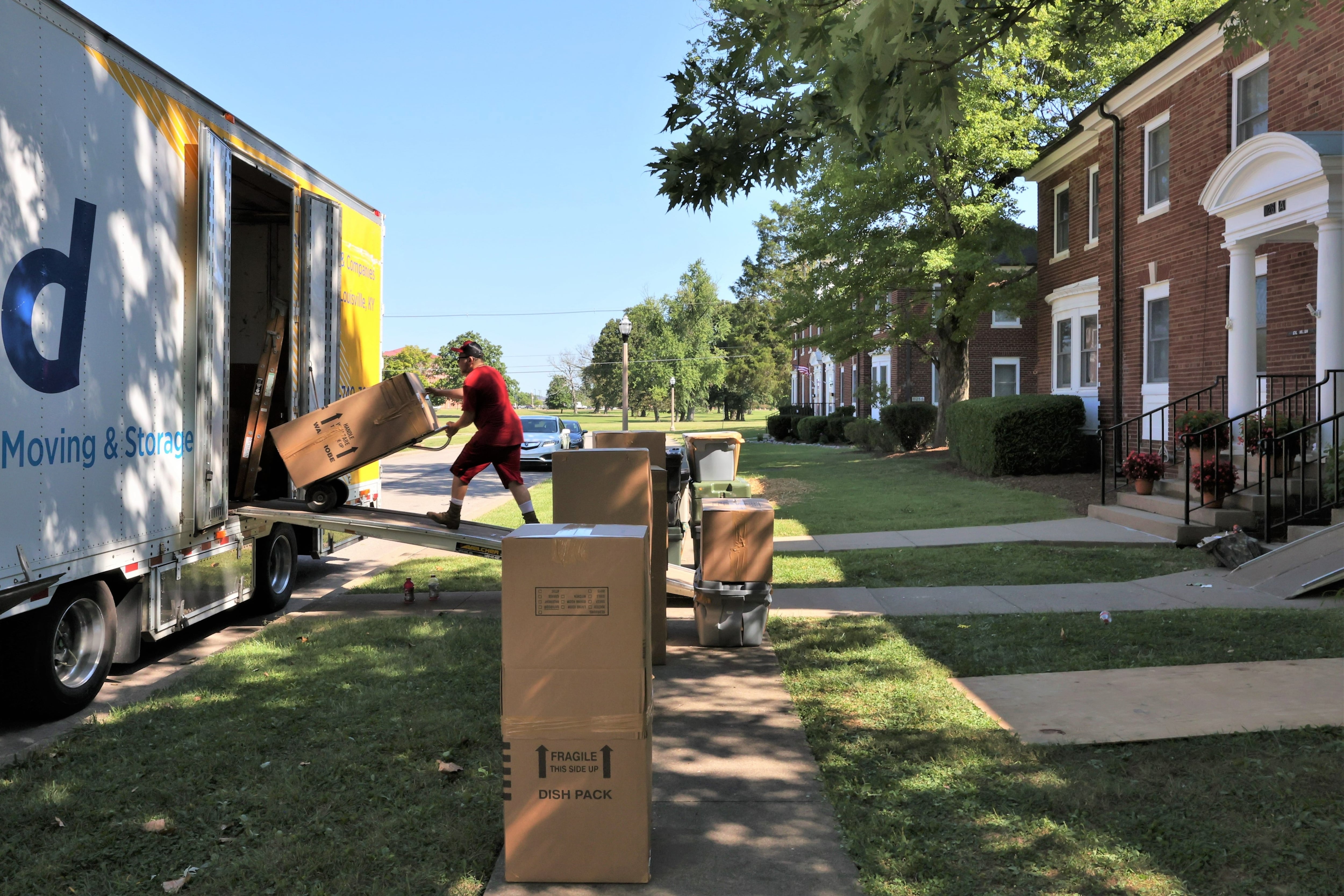Agents from the Air Force Office of Special Investigations broke rules by pursuing online child exploitation cases against subjects that may not have been military service members, the Defense Department's inspector general has found.
In a brief summary of an oversight investigation that was posted online June 14, the IG said that OSI is only supposed to help civilian law enforcement officials conduct criminal investigations after "first establishing a reasonable likelihood of the subject's military affiliation."
But when the IG reviewed 80 cases in which OSI looked into possible Internet-based crime — such as the sexual exploitation of children — 23 of the subjects of those cases were, in all likelihood, not connected with the military at all. So in 29 percent of the cases reviewed by the IG, OSI was outside of its purview and the pursuit of evidence was prohibited.
The problem, the IG said, is OSI lacked policies that clearly spelled out what its agents were supposed to do during operations run by the Internet Crimes Against Children (ICAC) task force.
The IG said in its summary that, while its own review was going on, OSI published a new investigative policy clarifying the role its agents should play in ICAC operations.
In a statement, OSI reiterated that it has taken steps to fix the problem.
"AFOSI revised its policy and it now provides clear guidance governing its agents' participation in ICAC operations," OSI spokeswoman Linda Card said in an email.
Stephen Losey is the air warfare reporter for Defense News. He previously covered leadership and personnel issues at Air Force Times, and the Pentagon, special operations and air warfare at Military.com. He has traveled to the Middle East to cover U.S. Air Force operations.





